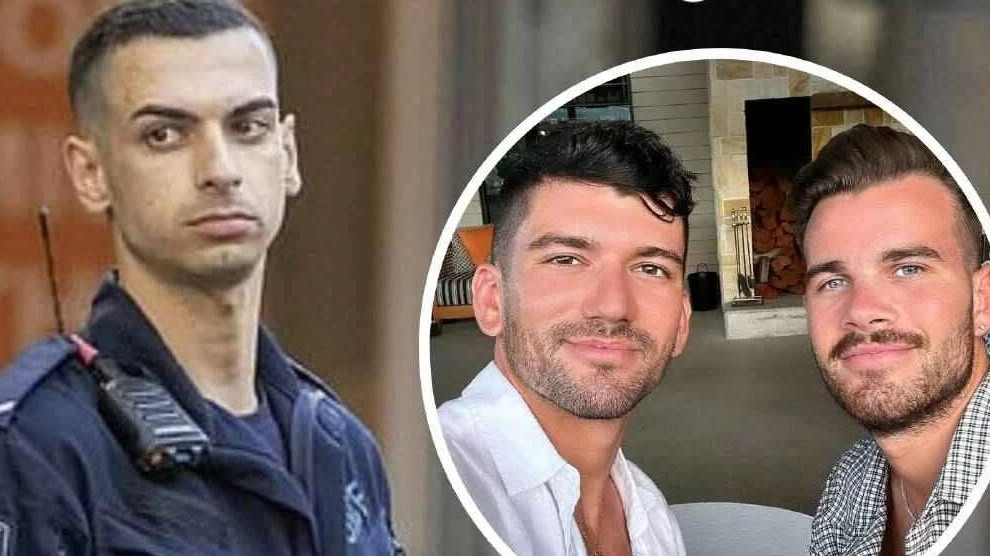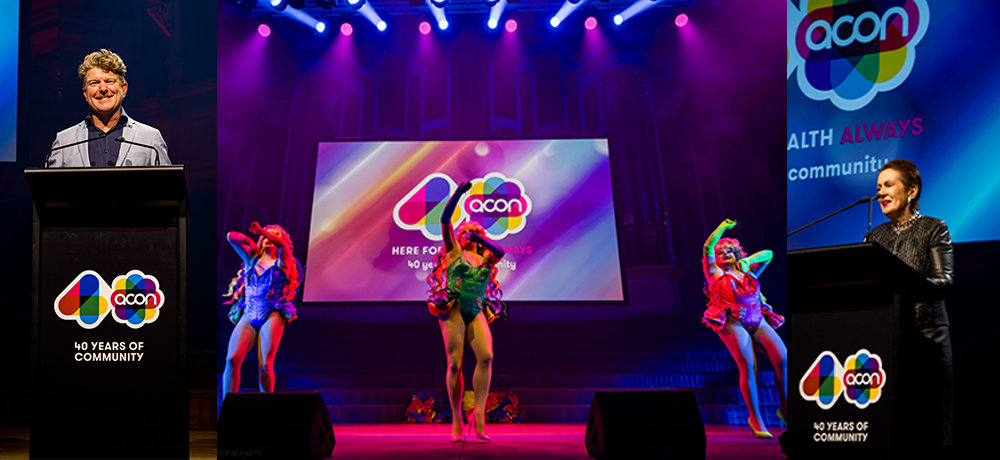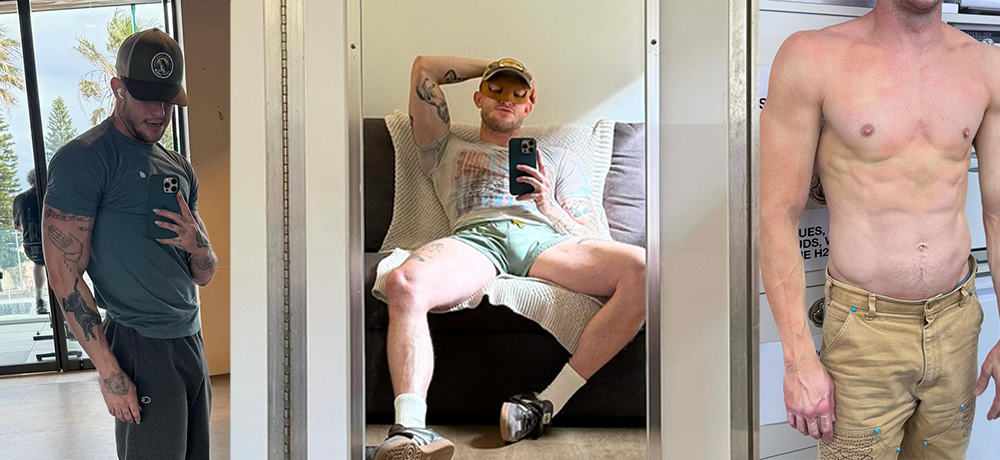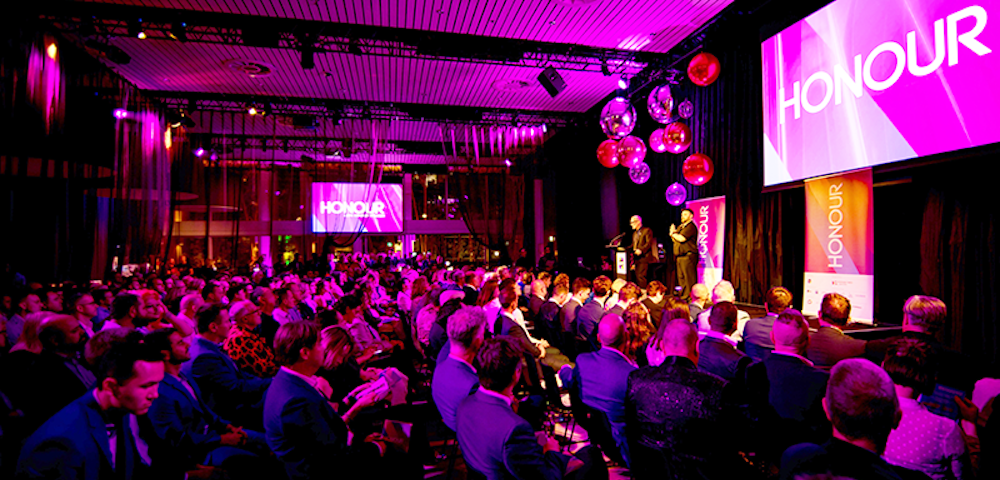
Report ignites debate on homophobic violence
A groundbreaking new report has shed light on the level of homophobia experienced by same-sex attracted (SSA) Australians from Arabic-speaking backgrounds for the first time.
The ACON report — We’re Family Too — was launched at NSW Parliament on Tuesday and includes the experience of 37 SSA men and women in New South Wales, their family members, social workers and religious and community leaders from NSW’s Arabic communities.
The report picks up where a 2003 NSW Attorney General’s department study (You Shouldn’t Have to Hide to Be Safe) left off. This initial report found SSA people from Middle Eastern backgrounds were mainly concerned about homophobia directed at them from within their own families and communities, rather than from the outside. The findings triggered calls for a more detailed look at the complex issues of culture and homophobia.
Nine years on, the We’re Family Too study found a third of respondents from Arabic-speaking backgrounds reported receiving threats of violence because of their sexuality, while a quarter said they had actually experienced violence.
The most common homophobic encounters were verbal abuse, a pressure to ‘act straight’ and being the subject of rumours.
Report author Ghassan Kassisieh said the report’s findings are significant on a number of levels.
“Gay advocacy in Australia has often concentrated on legal equality and relationship recognition,” Kassisieh told the Star Observer.
“I know, because I have been, and continue to be, one of its vocal advocates.
“But what this report says is that we within GLBT communities experience different levels of inequality. Some of us are still fighting for our families and culture to recognise our mere right to exist, that we are not sick and unnatural, needing to be cured or saved.”
Kassisieh said for some SSA people in Arabic-speaking communities, simply addressing the existence of homosexuality itself is a step forward.
“We are talking about a struggle in some ways much more basic than, say, a right to marry,” he said.
“Some same-sex attracted people are still seeking the right not to be pressured into heterosexual marriage for the fear of otherwise bringing shame onto themselves and their families.
“This report suggests that on the highway to meaningful equality, some of us still struggle with families and communities who are very much in the slow lane and are being left behind.”
As Kassisieh points out, homophobia is a cross-cultural problem, not only an issue for the Arab community, it’s just that the experience of it can be different.
Nine community and religious leaders took part in the study. While none advocated outright violence against homosexuals, most considered exclusion or ‘cures’ appropriate to change homosexual behaviour.
Kassisieh said continuing to talk about the issues is key.
“The biggest obstacle is the sheer lack of education about sexual diversity and homophobia,” he said.
“Some of the religious and community leaders, for example, did not know what the term homophobia meant or thought it was a good thing. One participant said it best when she said, ‘We don’t speak the same language as our parents’.
“The challenge is finding a common language where we start to encourage others to think critically about the ideas they hold about same-sex attracted people.”
Arab Council Australia CEO Randa Kattan has welcomed the report and said the discussion about LGBTI issues is still a new one.
“[The report’s] very important, it’s a first step for the community,” Kattan told the Star Observer.
“It reflects what we think … we know homophobia exists everywhere, we know our community is much more conservative in the sense that talking openly about sexuality, as openly as other communities for instance … it’s not [done].”
Kattan said she believes, like many other communities, religion and culture play a part in attitudes.
“Basically what [we] are saying is that this is not about right or wrong, this is about, it’s not on that we exclude somebody from our community,” she said.
“Every member of the community has to feel included, [homosexuality] exists and you can’t hide it otherwise you have to push it underground.”
Kattan admitted a shift in views will take time.
“The family has to understand [homophobia is] driven sometimes by fear of what other people would say.
“Because it is a close-knit community … and there is more of a focus on what people might say about them, there can be pressure the family may feel they have to hide and not talk about it and call it shame.
“The more debate there is out there, the more families … are likely to feel supported.”
On the other side of the fence, the report also found that SSA people from Arabic-speaking backgrounds reported that when they did attempt to engage with the LGBTI community, they often found racism or a lack of connection. Respondents said they were frustrated by an undue emphasis on sex, drugs and body image.
Out of 31 respondents, 14 also said they did not believe that LGBTI organisations adequately addressed issues of Arab gays and lesbians, and a further 16 said they only ‘partly’ did so.
“Some are also faced with racism and stereotypes, such as only being valued when someone finds you attractive because you are a ‘wog’,” Kassisieh said.
Kattan said she was not surprised to hear the findings.
“I think the Arabic community bears the brunt of racism all the time, we’ve been dealing with racism for many years,” she said.
“We’ve been dealing with it and how we are portrayed out there.
“It’s like a double whammy, there’re not only feeling the wrath of racism but they are also excluded from the [LGBTI] community so it’s like a no man’s land.”
ACON CEO Nicolas Parkhill said the report is an important step towards addressing the issues.
“For many people, the experience of discrimination, social exclusion and violence leads to a range of health concerns, especially mental health issues,” he said.
“It also limits their access to services, opportunities and social networks and creates an environment which affects their ability to make good choices about their health and wellbeing.
“We look forward to working with both the Arab and GLBT communities to help increase respect for diversity and to improve the health and safety of GLBT people from Arabic-speaking backgrounds.”
Although still in the early stages of discussion, Kassisieh is upbeat about developing positive attitudes towards LGBTI people.
“I am confident that things can change, but it will take persistence, courage and unfortunately more pain at first,” he said.
“Those who had disclosed their sexuality to their family members actually reported high numbers of mothers and siblings who were ‘mostly’ or ‘very supportive’.
“We must speak collectively to the great values embedded in Arab culture which support change, such as values of hospitality and the absolute importance of looking out for one other in the broadest sense of family.
“We have to challenge the idea that speaking out against homophobia brings shame to people and their families, instead of respect.”
Photo: Report author Ghassan Kassisieh (back left) launched the findings with Liberal MLC John Ajaka, Arab Council chair Dr Rosemary Suliman, ACON president Mark Orr, Labor MLC Helen Westwood (front left), Australian Human Right Commission president Catherine Branson and Arab Council CEO Randa Kattan at NSW Parliament on Tuesday. By Ann-Marie Calilhanna .









